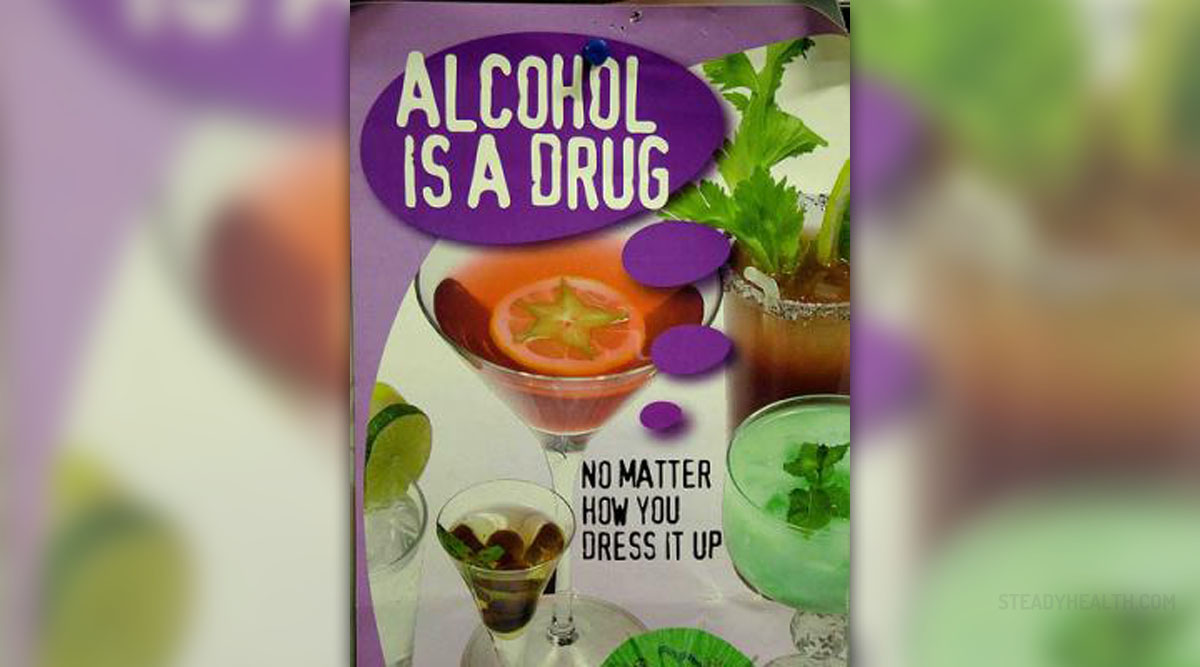
What is alcohol allergy and why does it occur?
No matter how impossible it may sound, there are people who are allergic to alcohol and who cannot consume it because even the smallest amount of it develops in them certain symptoms of a typical allergic reaction. The right term for this condition is alcohol intolerance, and in the majority of the cases, the reason why this happens is related to the fact that the body of such people cannot break down or metabolize alcohol because it lacks the proper enzyme for that process. It is also possible that in some people the allergic reaction is actually caused by some ingredient that can be found in alcohol, such as chemical or preservative, or even wheat in bear or grape in wine, for example. People who are more prone to this problem are those who already have some kind of a food allergy, those who take certain antibiotics or antifungal drugs, those suffering from Hodgkin’s lymphoma and those of Asian origin.
Whichever the reason, the fact is that this condition cannot be cured, and the only way in which it can be prevented is that people who suffer from it avoid the use of alcohol, or in cases of those who are allergic to a specific ingredient, to avoid the alcohol that contains the problematic ingredient. No matter how harmless and unusual alcohol allergy may seem, it can certainly be life-threatening, particularly when provoking anaphylactic shock, though it really rarely happens.
What are the most common symptoms of alcohol allergy?
As for the symptoms of alcohol intolerance or allergic reaction to alcohol, more or less they are the same as the symptoms of any other allergic reaction. Among the possible ones are congestion of the nasal passages, runny or stuffy nose, headache, nausea, vomiting, pain in the abdomen, and rapid heart beating. If some of the ingredients and not alcohol itself is the cause of the allergic reaction, then, for example, signs such as sneezing, coughing and itching may be expected as a reaction to histamine, worsening of the symptoms of asthma may be expected as a reaction to sulfites, while deficiency of aldehyde dehydrogenase enzyme may result in flushing and rapid heart rate. Swelling is also a possible reaction to alcohol in people who are allergic to it, particularly if they already suffer from some condition such as angioedema or chronic urticaria, for example. Even though, the condition cannot be cured, some minor symptoms may be treated with antihistamines, but the person should not rely on this possibility.

















Your thoughts on this
Loading...